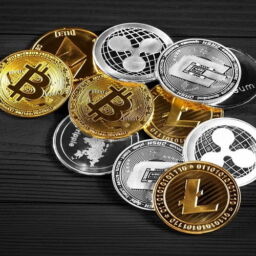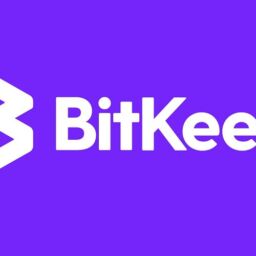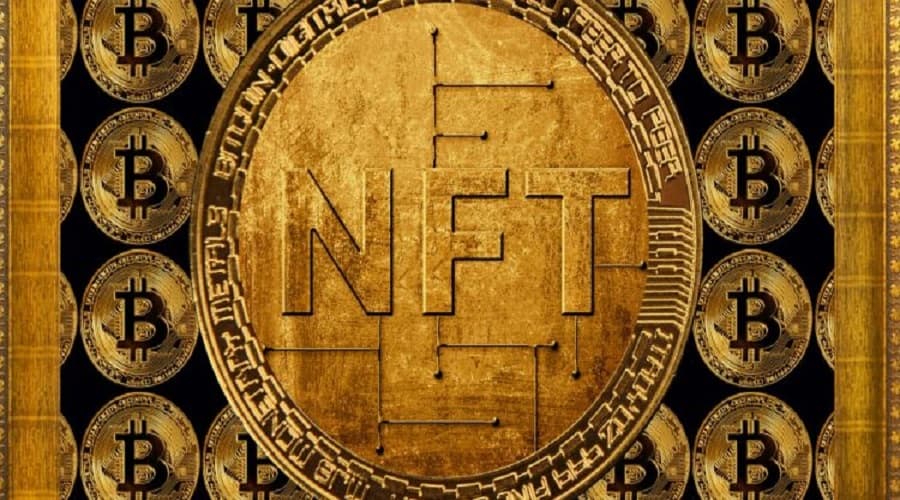
Online wallets and the craze for NFTs are becoming overwhelmingly popular as the cryptocurrency industry receives more and more attention. As a result, this has led to not only interest from art and crypto enthusiasts, but also malicious hackers honing in on crypto theft.
For many traders and investors, cryptocurrencies and NFTs are excellent financial assets. Nevertheless, as the industry gains momentum, they are not without risk – the loss of your private keys, computer failure, and theft can all result in the permanent loss of your coins or digital assets.
It’s not difficult to protect your NFTs and cryptocurrency if you know where to begin. In this article, we’ll go over some specific steps you can take right now to ensure the complete security of your crypto assets.
Best Security Practices
There are a variety of precautions you can implement in order to protect your assets and online wallet. Here are some suggestions to help you safeguard your digital assets against cyberattacks.
Protect your Wallet with a Strong Password
Don’t make the mistake of using the same password across multiple platforms and accounts. You will regret this if an unfortunate situation happens to you. Remember that the best and the most secure password will consist of a random mix of digits, numbers, and special symbols. We cannot emphasize this enough on how crucial it is for users to take security seriously and to regularly change their passwords for additional protection.
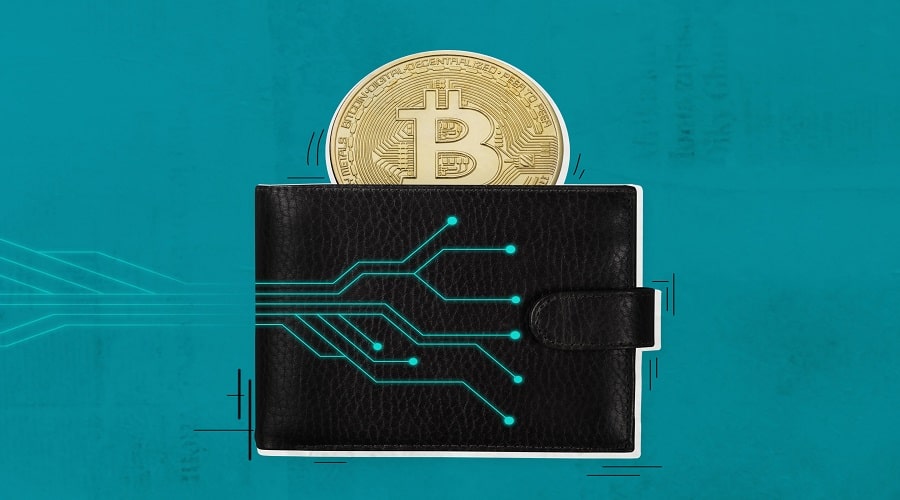
Use Password Generators
“123456” is one of the most commonly used passwords by users of all devices worldwide. The password “password” is second in line, making the life of a hacker quite easy, unfortunately. Passwords made up entirely of numbers should be avoided because their combinations are limited and easily guessed. Passwords made up of a single word should also be avoided because they can be easily guessed using a dictionary. This may seem like common sense to most, but you’d be surprised to know how many people are susceptible to the mistake. Thus, utilizing a password generator such as LastPass, KeePass and 1password will increase the overall safety of your online presence and sensitive data through highly secure master passwords and frequent replacements.
Two Factor Authentication
Most online wallets have two-factor authentication, and you should always use this to secure your accounts. The primary reason for this is that in crypto, unlike a bank account, there is no fraud protection or recovery process for stolen funds if your accounts are hacked. This extra layer of security is well worth it and it’s important to use Google authenticator or Authy over an SMS-based 2FA to avoid the risk of SIM swapping; a hacking method of accessing your phone’s important accounts such as your crypto wallet while locking you out. Enabling 2FA serves as an incredibly helpful deterrent to online attacks. It’s a simple but effective security measure preventing your wallet from being an easy target for unauthorized access.
Store your Crypto in an Offline (Hardware) Wallet
Keeping your crypto and NFTs in an offline/cold wallet is the most secure way to store it. The majority of hacks are occurring in online/hot wallets and many users have gravitated towards acquiring an offline or cold wallet option. The popular options currently are Trezor Model T, Ledger Nano S, Ledger Nano X, CoolWallet Pro and KeepKey. Each offers many different features and levels of compatibility that may suit some more than others in terms of safety, features and cost. We encourage everyone to do their own research and strongly recommend utilizing cold wallets as an added safety precaution.
Track Wallet Transactions
Setting up a monitoring tool on your wallet’s public address will aid in notifying you if suspicious activity occurs. Some of the most used tools are TRM Labs, Coinpath, Elliptic and Chainalysis. Software such as these is a great addition to token holders who don’t use daily transactions or don’t check regularly, giving you peace of mind without having to log into your wallet.
Use Secure Internet
When trading or conducting cryptocurrency transactions, only use a secure internet connection and avoid using public Wi-Fi networks. Public Wi-Fi is very dangerous since its hosts may set up their own rules that you will never be aware of. For example, they may collect the data that you access on your smartphone or tablet including passwords. Even when connecting to your home network, use a VPN for added security. A VPN will mask your IP address and location, ensuring that your browsing activity is safe and private from malicious actors.
Never Share your Private Key
You should NEVER EVER share your private key with ANYONE. Your private keys are critical pieces of information that allow you to access your cryptocurrency wallet, if someone gets their hands on your private key or seed phrase, they will have access to everything you own. All users must keep this information secure and private in a method they prefer to avoid hacks. We recommend writing out the key on a piece of paper and storing it somewhere safe to avoid any leak of information or attacks.
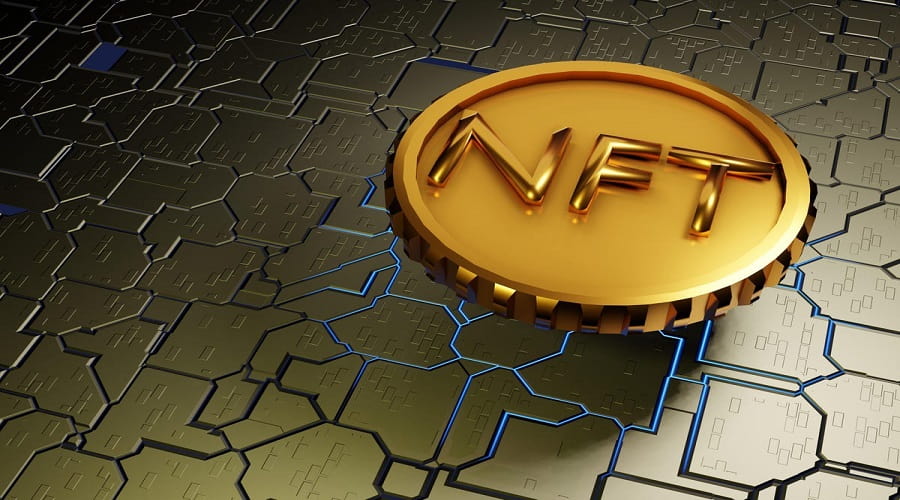
Maintain Multiple Wallets
Since there are no restrictions on wallet creation, you can spread your cryptocurrency investments across multiple wallets. Use one wallet for daily transactions and keep the rest across other Metamask wallets so that a single attack will not drain out all your funds. This will protect your portfolio and mitigate the loss of any crypto account breach.
Be Wary of Phishing Scams
As cryptocurrency prices continue to rise, phishing campaigns will only become more prevalent. Malicious apps, in addition to phishing, can gain access to your mobile device and steal your login credentials. It may be difficult to believe, but these malicious mobile apps can monitor what you type and even take screenshots of your screen. Malicious ads, emails, and Discord DM scams are also rampant in the cryptocurrency world. Be careful while making crypto transactions and avoid any suspicious and unknown links. NEVER approve unknown signature requests on MetaMask. Stay vigilant when browsing and interacting with any platform. It is also advised to consider purchasing antivirus software for your device.
The cryptocurrency industry is constantly evolving, and it is your responsibility to safeguard your digital funds by securing your wallet with the necessary security precautions. Every user should take time staying up to date on the most recent security news, attack techniques, and prevention strategies to keep your wallet away from future ill-intended threats.
Source: blog.portion.io




